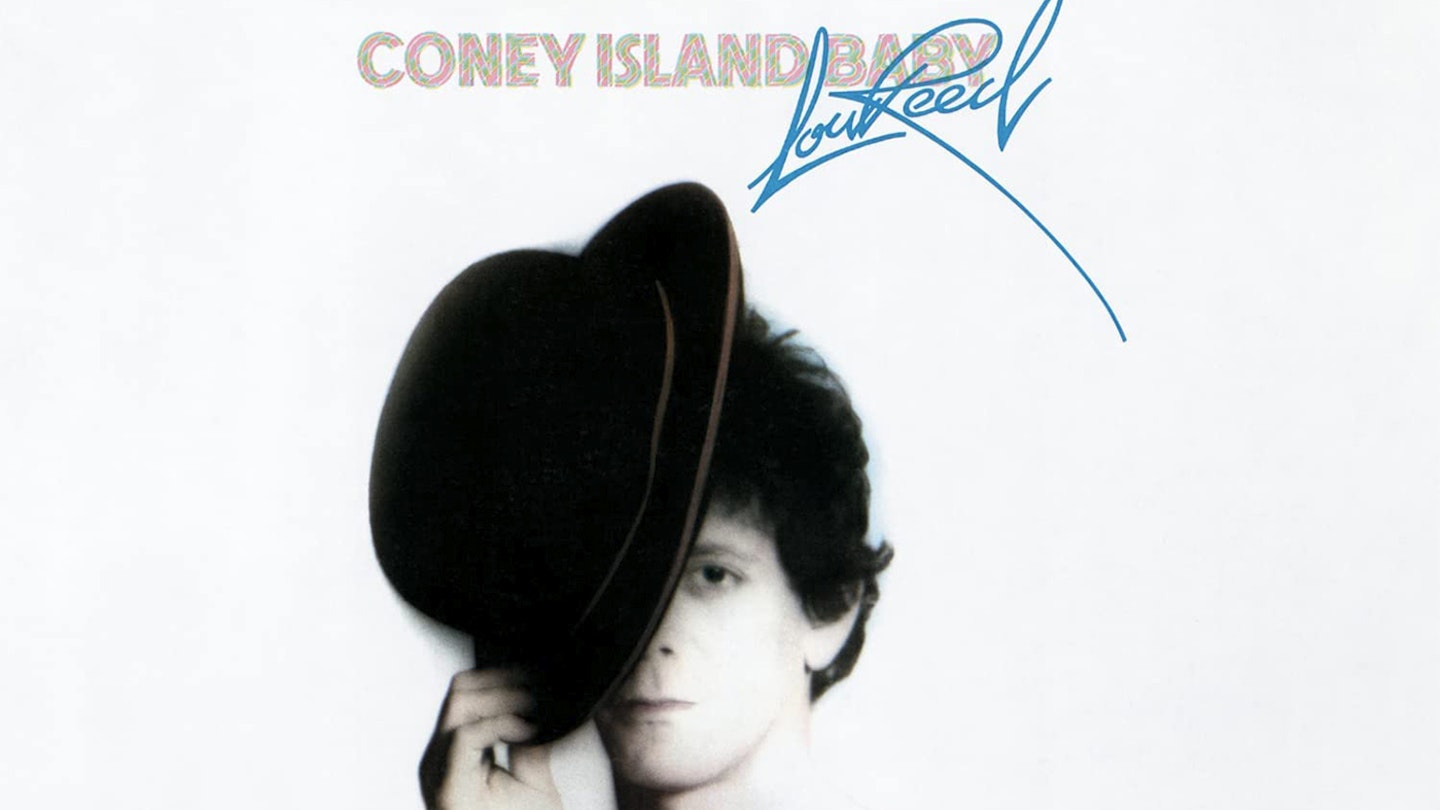In the late summer of 1975, Lou Reed was still coming to terms with the fall-out from his fifth studio LP, the four-sided assault of modulated feedback known as Metal Machine Music. Close to broke, without a home or a manager, and with a record label no longer interested in his nihilistic output, Reed threw himself upon the mercy of RCA and agreed to work on an openly commercial release. Collaborating with young producer Godfrey Diamond, and inspired by his relationship with trans girlfriend Rachel Humphreys, Reed crafted an album caught midway between a speed psychosis comedown and lush teen nostalgia, a record that culminated in one of the most romantic songs he ever composed.
Reed sings with a hesitant intensity, forever on the edge of losing it.
Repurposing his own 1971 poem The Coach And Glory Of Love (originally written for The Harvard Advocate), his words delivered in a conversational murmur, the song gradually evolves from an oddly sensual ode to a high school football coach into a late-night soul-baring hymn to “the glory of love”. Reed sings with a hesitant intensity, forever on the edge of losing it, occasionally slipping back into trademark alienation (“And you’re getting to hate/Just about everything”). As such, it’s a song on the point of collapse, its meandering advance constantly in danger of being subsumed by rank disgust (“Ah, but remember that the city is… something like a circus or a sewer”). What saves it is the weeping Floydian guitar of Bob Kulick and the doo-wop backing vocals of Diamond, Joanne Vent and Michael Wendroff, both somehow seeming to evoke the glory of love that the burnt-out singer can’t quite articulate himself.
Gradually, however, Reed gropes towards a kind of homesick epiphany, where he remembers, “The princess who lived on the hill/Who loved you even though she knew you was wrong.” Whether that princess is Rachel Humphreys, or someone else from Reed’s past, doesn’t matter; without Rachel it’s hard to imagine Reed being together enough to memorialise this moment of revelation.
By the end, Reed seems to believe enough in what he’s singing about to rephrase the “glory of love” mantra as a slurred maxim (“The glory of love might see you through”) and you realise that you’ve been witness to the birth of a pop song. If you were in any doubt, Reed then quotes the 1962 doo-wop hit Coney Island Baby by Bronx harmony sextet The Excellents, and adopts the guise of an AM radio DJ “sending this one out to Lou and Rachel and all the kids at P.S. 192.”
What is P.S. 192? It’s the Magnet School in Brooklyn, the kindergarten Reed attended before his family moved to the Long Island suburbs. Finally, it all makes sense. Lou is singing a song of romantic hope to his lost childhood self, a song he knows the kid will never hear.
READ: THE 50 GREATEST LOU REED AND THE VELVET UNDERGROUND SONGS IN FULL!
Sex! Drugs! Rock & Roll! On sale now! The new MOJO magazine features The 50 Greatest Songs Of Lou Reed & The Velvet Underground, The Beatles, Judee Sill, Paul Simonon and more! PLUS for subscribers and in UK shops an exclusive Velvet Underground companion CD. More info HERE!

BECOME A MOJO MEMBER today and receive every new issue of MOJO on your smart phone or tablet to listen to or read. Enjoy access to an archive of previous issues, exclusive MOJO Filter emails with the key tracks you need to hear each week, plus a host of member-only rewards and discounts.
